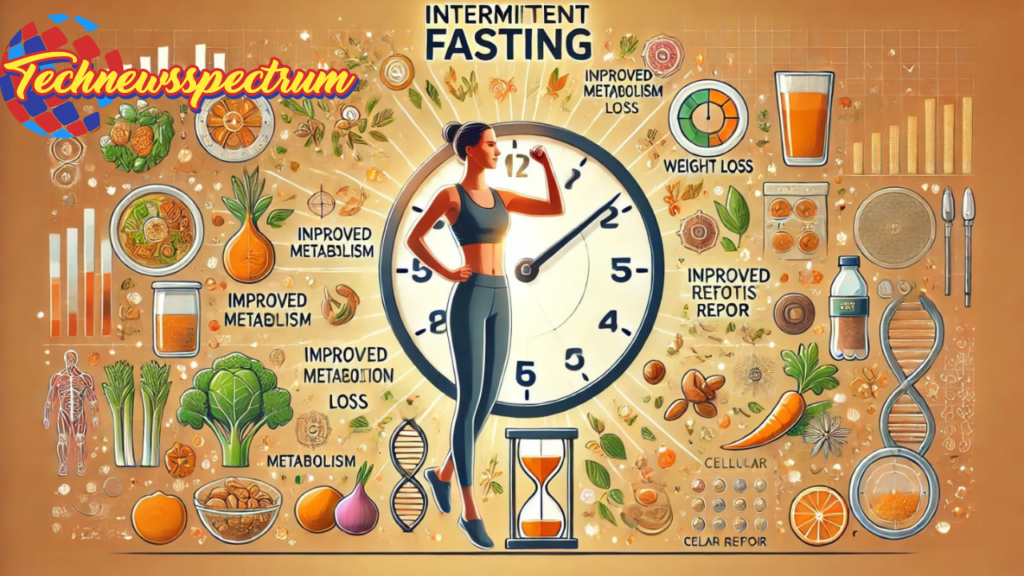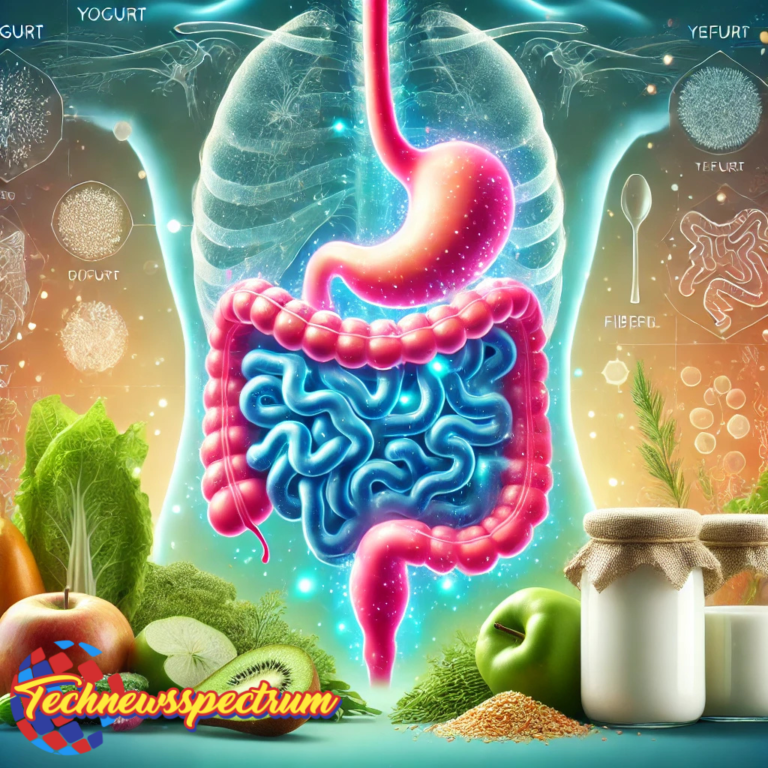Intermittent Fasting Benefits Ultimate Guide to a Healthier Lifestyle
Meta Description
Unlock incredible intermittent fasting benefits from weight loss to improved brain function. Discover how this time restricted eating pattern can transform your health and lifestyle.
Table of Contents
- Introduction to Intermittent Fasting Benefits
- Science Behind Intermittent Fasting Benefits
- Key Types of Intermittent Fasting Benefits
- Importance of Intermittent Fasting Benefits in Modern Health Trends
- Advantages of Intermittent Fasting Benefits
- How Intermittent Fasting Affects Body
- Popular Methods of Intermittent Fasting
- Intermittent Fasting vs. Traditional Dieting
- Best Foods to Eat During Intermittent Fasting
- Common Mistakes to Avoid While Fasting
- Future Trends in Intermittent Fasting
- Tips for Maintaining a Successful Fasting Routine
- Feature Impact Comparison Table
- Frequently Asked Questions (FAQs)
- Conclusion
1. Introduction to Intermittent Fasting
Intermittent fasting benefits is an eating pattern that alternates between periods of fasting and eating. Unlike traditional diets that focus on what to eat intermittent fasting primarily emphasizes when to eat. This approach has been practiced for centuries often linked to religious and cultural traditions and has gained massive popularity in recent years due to its potential health benefits and weight management capabilities.

2. Science Behind Intermittent Fasting Benefits
When body undergoes fasting a series of physiological changes take place that optimize metabolism and cellular repair. During fasting insulin levels drop prompting fat burning and body enters a state of autophagy where old and damaged cells are broken down and regenerated.
Scientific studies suggest that intermittent fasting can help in reducing inflammation improving brain function and lowering risk of chronic diseases such as type 2 diabetes and heart disease.
3. Key Types of Intermittent Fasting
- 16/8 Method Eating within an 8 hour window and fasting for 16 hours.
- 5 2 Diet Eating normally for five days and restricting calories to 500 600 for two days.
- Eat Stop Eat A full 24 hour fast once or twice a week.
- Alternate Day Fasting Alternating between fasting and normal eating days.
- Warrior Diet Eating small amounts during day and one large meal at night.
4. Importance of Intermittent Fasting in Modern Health Trends
With growing concern about obesity metabolic disorders and chronic diseases intermittent fasting has emerged as a simple yet effective lifestyle modification. It requires no calorie counting complicated meal plans or excessive food restrictions making it an adaptable choice for many people.
5. Advantages of Intermittent Fasting
- Weight Loss & Fat Burning Intermittent fasting helps body switch to fat burning mode.
- Enhanced Brain Health Promotes production of brain derived neurotrophic factor (BDNF) which supports cognitive function.
- Increased Longevity Studies indicate that fasting may contribute to longer lifespans.
- Improved Insulin Sensitivity Reduces insulin resistance and lowers blood sugar levels.
- Heart Health Benefits Lowers cholesterol blood pressure and inflammation markers.
6. How Intermittent Fasting Affects Body
| Time Period | Effect on Body |
| 0 12 hours | Glycogen stores are used for energy. |
| 12 16 hours | Insulin levels drop promoting fat breakdown. |
| 16 24 hours | Autophagy starts improving cellular repair. |
| 24+ hours | Increased growth hormone production enhancing metabolism. |
7. Popular Methods of Intermittent Fasting
Each method of intermittent fasting benefits offers unique benefits and individuals can choose based on their lifestyle and health goals. While some prefer daily fasting windows others opt for periodic extended fasts.
8. Intermittent Fasting vs. Traditional Dieting
| Feature | Intermittent Fasting | Traditional Dieting |
| Focus | When to eat | What to eat |
| Caloric Restriction | Time based | Food based |
| Simplicity | Easy to follow | Requires meal planning |
| Sustainability | More sustainable long term | Harder to maintain |
9. Best Foods to Eat During Intermittent Fasting
- Healthy Fats Avocados nuts olive oil
- High Protein Foods Chicken fish eggs
- Fiber Rich Vegetables Broccoli spinach kale
- Hydrating Fluids Water herbal teas black coffee
10. Common Mistakes to Avoid While Fasting
- Overeating during eating windows
- Not drinking enough water
- Eating too many processed foods
- Not consuming enough nutrients
11. Future Trends in Intermittent Fasting
With rise of technology apps and AI driven meal planning tools now assist individuals in optimizing their fasting schedules. More research is being conducted on fasting mimicking diets and personalized fasting plans.
12. Tips for Maintaining a Successful Fasting Routine
- Start Slowly Gradually increase fasting duration.
- Stay Hydrated Drink plenty of water and electrolytes.
- Listen to Your Body Adjust fasting schedules as needed.
- Maintain Nutrient Balance Consume whole foods for optimal health.
13. Feature Impact Comparison Table
| Feature | Impact on Health |
| Weight Loss | Significant improvement |
| Metabolism Boost | Increased fat burning |
| Brain Health | Supports cognitive function |
| Heart Health | Reduces cardiovascular risk |
| Longevity | May extend lifespan |
14. Frequently Asked Questions (FAQs)
1. Is intermittent fasting safe for everyone?
Intermittent fasting is generally safe for most people but those with medical conditions should consult a doctor first.
2. Can I drink coffee while fasting?
Yes black coffee and herbal teas are allowed during fasting periods.
3. How long does it take to see results?
Results vary but many people notice changes within two to four weeks.
4. Does fasting cause muscle loss?
Not significantly especially if you consume adequate protein and engage in resistance training.
5. Can I work out while fasting?
Yes but energy levels may vary. Low intensity workouts are preferable during fasting.
15. Conclusion
Intermittent fasting is a powerful lifestyle choice with multiple health benefits including weight loss enhanced metabolism improved brain function and longevity. As research continues to highlight its advantages more people are adopting fasting as a sustainable way to improve their overall well being.







